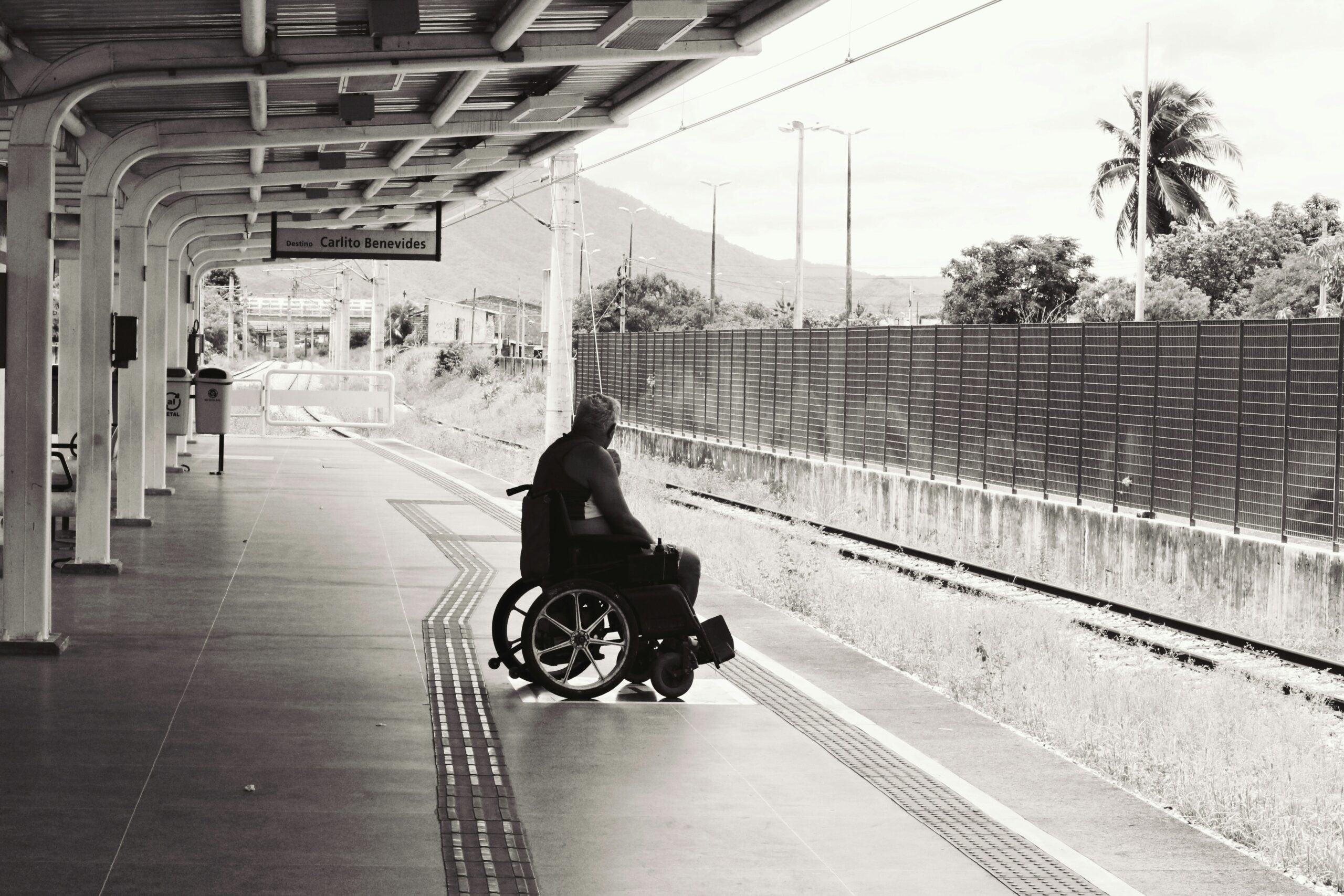Over 80% of Indians with disabilities lack health insurance; over half of applicants are rejected, often for their disability or pre-existing conditions. Barriers include unaffordable premiums, inaccessible platforms, and low awareness. Experts call for urgent inclusion under Ayushman Bharat and standardizing disability coverage.
More than 80% of Indians with disabilities lack any form of health insurance, and over half who apply are rejected, often without explanation, according to a new white paper from the National Centre for Promotion of Employment for Disabled People (NCPEDP). Despite constitutional protections, the Rights of Persons with Disabilities Act, 2016, and guidance from the Insurance Regulatory and Development Authority of India (IRDAI), widespread practices exclude nearly 16 crore disabled individuals from both public and private health insurance schemes. The study, based on a nationwide survey of over 5,000 respondents, highlights especially high rejection rates for those with autism, psychosocial and intellectual disabilities, and conditions like thalassemia.
Major barriers cited include unaffordable premiums, inaccessible digital platforms, and insufficient awareness of available schemes. At a policy roundtable, officials emphasized the need for better coordination across government ministries and stronger monitoring, including integrating the Unique Disability ID database with insurance application processes. NCPEDP’s executive director described this widespread exclusion as both a systemic failure and rights violation.
Key recommendations call for including all persons with disabilities in the Ayushman Bharat (PM-JAY) scheme, removal of age and income criteria, standardizing premiums, expanding mental health and rehabilitation coverage, creating a dedicated IRDAI committee, and mandating full accessibility in insurance procedures. The report urges immediate action to prevent further generational inequity and ensure rights-based, inclusive health coverage.



